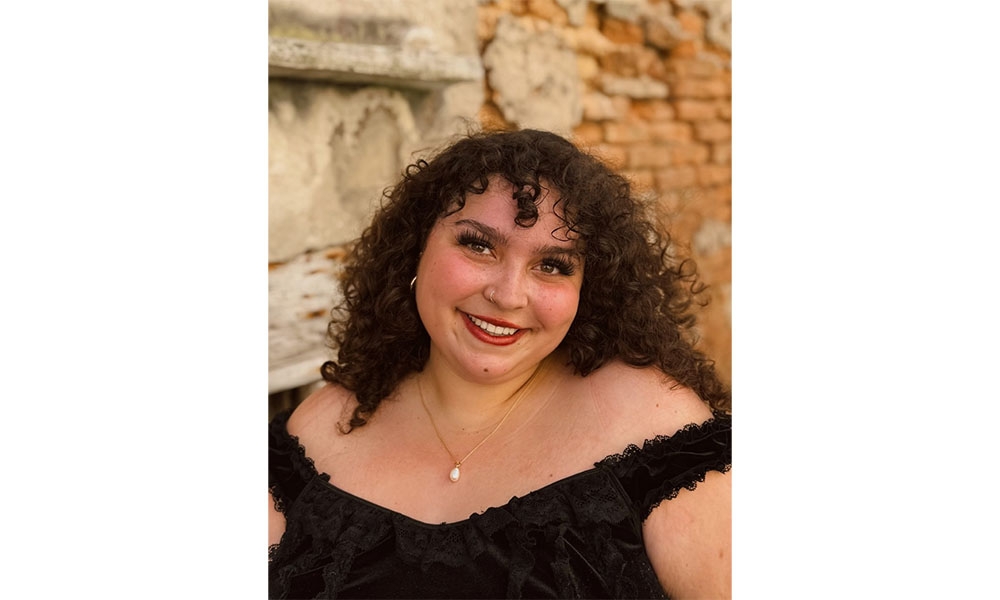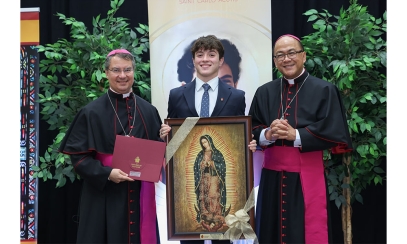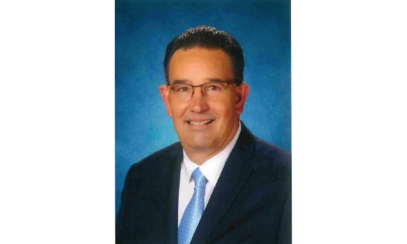
Working to Save Lives: Notre Dame San José Alumna London Guven
One night during my senior year of high school, a friend whom I had taught to use Narcan, a medication used to rapidly reverse opioid overdoses, noticed someone slumped over and unresponsive. Because I insisted, she carried a dose of Narcan with her, so she was able to quickly recognize the signs of an overdose and administer it, saving the girl’s life before paramedics arrived. That moment solidified for me the critical importance of empowering people with the tools and knowledge to act in life-or-death situations.
One night during my senior year of high school, a friend whom I had taught to use Narcan, a medication used to rapidly reverse opioid overdoses, noticed someone slumped over and unresponsive. Because I insisted, she carried a dose of Narcan with her, so she was able to quickly recognize the signs of an overdose and administer it, saving the girl’s life before paramedics arrived. That moment solidified for me the critical importance of empowering people with the tools and knowledge to act in life-or-death situations.
The Impact of Catholic Schools
From kindergarten through 8th grade, I attended St. John Vianney School. For high school, I attended Notre Dame High School, located in San Jose, CA, and I also participated in the Center for Women's Leadership. Both schools are incredibly tight-knit communities that emphasize the importance of serving others, a value that has stayed with me. For me, faith has always meant showing up for people. I have always been drawn to the parts of the Gospel that emphasize care for those who are suffering and the call to meet people with empathy, without judgment. This sums up what harm reduction means to me: it is not about enabling behavior but about offering love and safety when someone needs it most.
During my junior year at Notre Dame High School, I took a Peace and Social Justice class with Ms. Deidre Savino which also focused on Catholic Social Teaching. I came away thinking about the stigma around addiction, about how people are often left to suffer in silence, especially teens, even when resources exist. I created a workshop for my peers where I taught them how to recognize signs of an overdose, administer Naloxone, aka Narcan, and test substances for fentanyl. Initially, I assumed that only five people would show up, but dozens of students participated. It was because of this workshop that my friend was able to save a life at that party.
Compassion without Conditions
While I was giving the workshop, part of a greater academic project, I kept coming back to the idea that compassion should not come with conditions. I believe deeply in the responsibility to care for one another. If we say we value life, then we must protect it in every way possible, even in difficult and challenging circumstances, and even in moments when it might feel easier to pass judgment than to offer help.
What changed me the most during my work was not just seeing the impact, such as a life being saved, but also realizing how hungry my peers are for this kind of education when it is given without judgment. That realization shifted something in me. I came to see myself as someone with a responsibility to advocate for this life-saving work, fully aware of what it means to stand up for others when it matters most.
Community
At Notre Dame High School, that same sense of community extended beyond my peers to the educators who supported and empowered me. My counselor, Ms. Artemisa Bobst, gave me the courage to persist with my harm reduction program. Ms. Tanisha Fitzgerald, my student leadership mentor, equipped me with the tools to not only lead but to empower peers to make a lasting difference in their communities. Without the support of these two women, along with many other dedicated faculty members, my academic project wouldn’t have been possible. Being part of a Catholic school community has shown me that real change occurs when people invest in one another and work together toward a common good as called for by Catholic Social Teaching.
Acting in the moment can be the difference between life and death. It is easy to assume that someone else will step up, but often, the responsibility falls on whoever is willing to take action. I want to encourage students: you do not need to be an expert or have all the answers; what matters is being prepared and willing to respond. These conversations are especially important in environments where access to substances is easy, yet discussions about safety are rare. One thing I have learned from this is that your willingness to act, whether in an emergency or by starting difficult conversations, can change someone’s entire future.
London Baileigh Guven is a Notre Dame and Saint John Vianney alumna and an undergraduate at New York University (Class of 2028). When she is not curating music sets for NYU's university radio station or spending hours in used bookstores, she travels. She is currently studying at NYU's Florence, Italy campus, focusing on Addiction and Rehabilitation Medicine.



